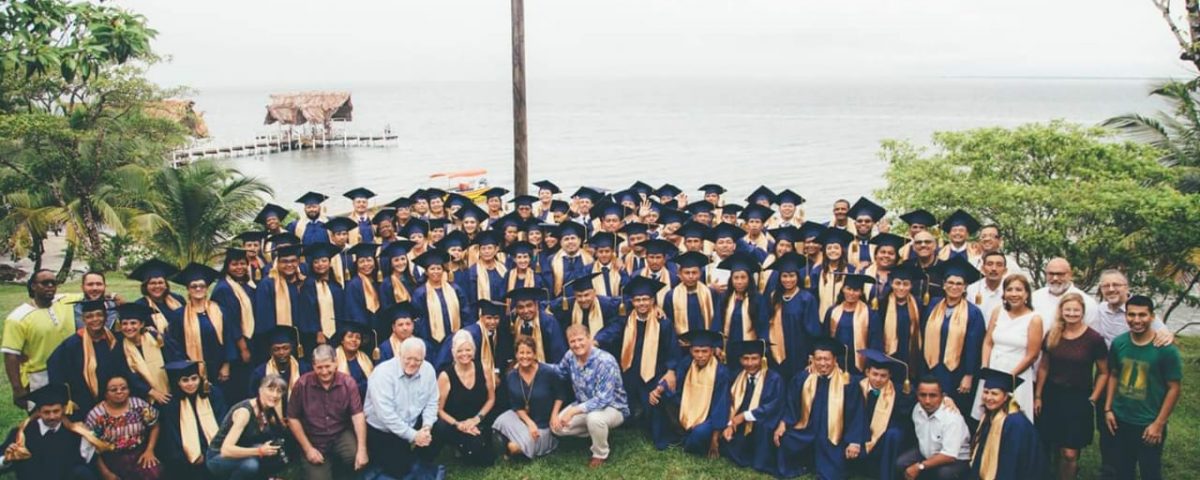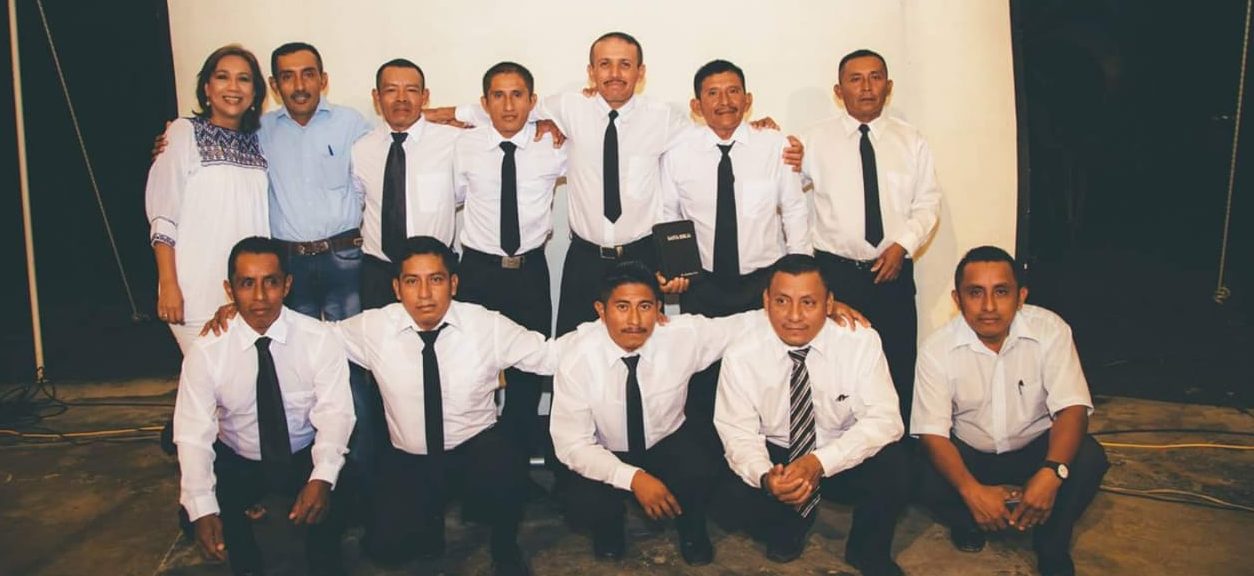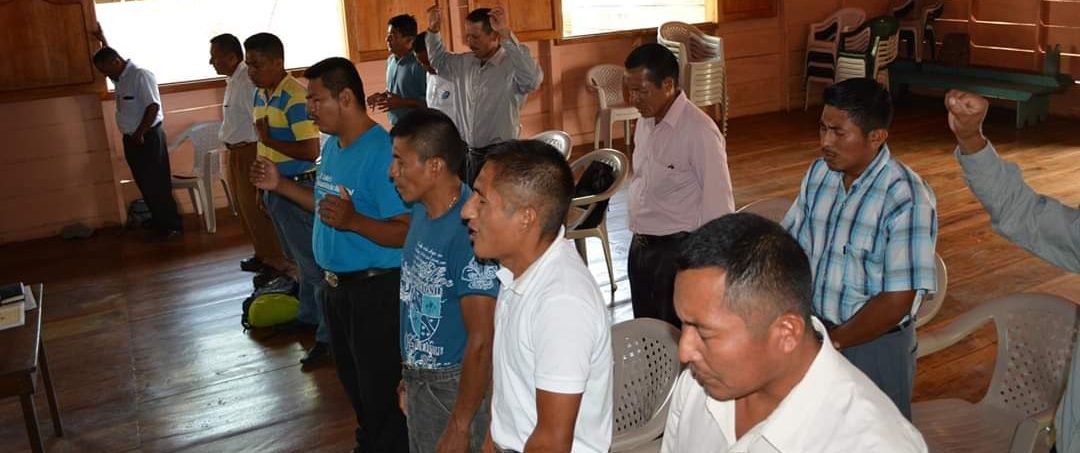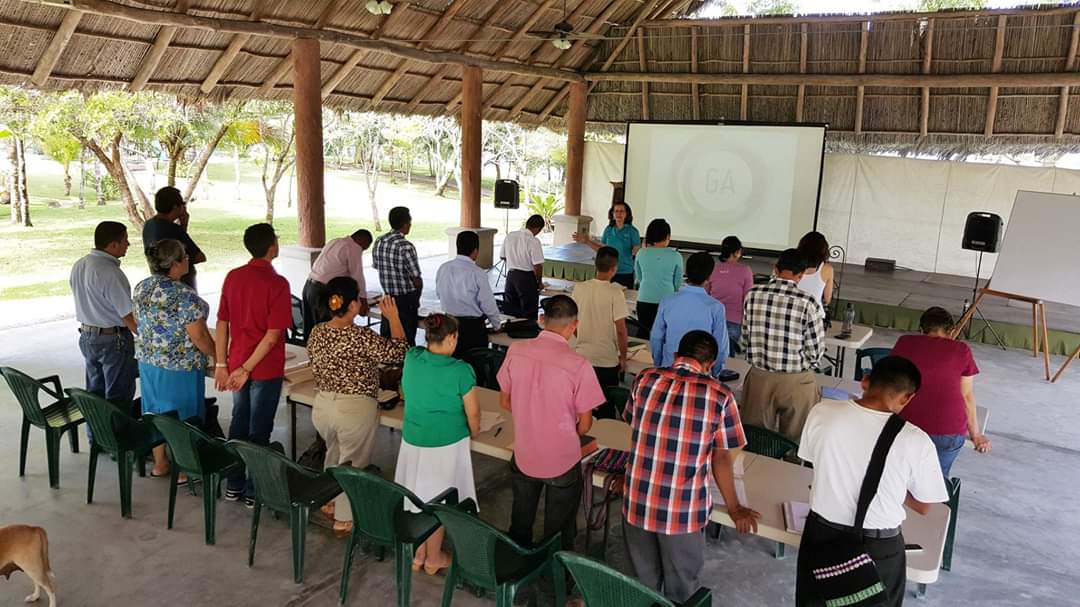
So You Want to be a Leader?
November 13, 2019
When Christian Leaders Defect: “The Goodbye Kiss”
December 3, 2019Pastoral Training efforts multiply in Latin America

Gloria and her husband Hosman have trained pastors for nine years. They currently aim to train at least 100 per year. But their training emphasis has shifted. Now they not only train pastors to lead local congregations, they train them to replicate their training. By doing so, they exponentially accelerate the training of pastors.
Gloria and Hosman face the same challenges that many around the world face: pastors who lack time (many are bi-vocational), money (the church can’t pay them), resources (e.g. transportation), education (even basic) and experience (they don’t know enough to know what they don’t know).
So they approach training practically, making sure it is applicable, adaptable and transferable. The formula doesn’t have to be complicated. If you carry the burden to equip pastors but don’t know where to start or feel overwhelmed by the need, they advise first getting to know your potential students—their abilities, availability, interests, educational level and needs. Then, starting with a solid biblical foundation, tailor your discipling process to fit them.
Because many pastors serve in remote areas (one of their students traveled 27 hours one-way to get to class), the couple began using what they call a satellite method. They specifically invest in training a segment of students to train others in their own regions. God is blessing their efforts.
To learn more, watch our video interview below. Read the written interview further below. Be encouraged! Subscribe to our YouTube channel to be sure you never miss a future interview.
What is your role in pastoral training?
My role is as curriculum developer, teacher, translator, executive director.
How many pastors are you committed to training per year?
Since my husband Hosman and I started back in 2011, we have trained about 1,200 pastors. Our goal is roughly 100 a year. We started in Honduras and worked our way to Guatamaula and Mexico.
Can you share one recent praise report/testimony from a pastor you trained?
Pastor Wilmer Rodriguez from Honduras is a student with a seventh grade education who had never received any theological training. In 2014 he enrolled in our pastoral training ministry.
Wilmer almost quit after receiving the first module because he felt he would not be able to keep up with the academic work. I encouraged him to stay and made additional tutoring available to him. We also provided accompaniment with a couple of students who had higher education levels and more pastoral experience so that they could guide and encourage him.
He completed the training successfully and currently pastors a growing church in one of the most violent regions of our country, controlled by witchcraft, drugs, gangs and organized crime.

Maya Q’ecqchi pastors
Can you share one recent praise report of your own?
Thanks to God’s amazing grace, my team and I recently finished the editing, diagramming and contextualization of our new teaching material. It is easier to read, understand and apply, particularly for pastors whose native language is not Spanish.
How did God first call you to train pastors?
My parents were pastors for several years. They were always involved in teaching and training other leaders. They were my inspiration. I felt God’s call when I was a student at the same ministry that I later directed.
What is a challenge unique to pastors in your region of the world and how do you address it?
The challenge in my region is that the majority of pastors are bi-vocational. They have to work outside of the church in order to make a living. This situation makes it harder for them to take several days away to attend any type of training.

What is your greatest overall challenge in training pastors?
Our greatest challenge is a lack of financial resources.
How would you describe your approach to discipleship?
My approach to discipleship is to provide people with a solid biblical foundation that they can immediately apply to their daily lives as they make other disciples.
How would you describe your approach in training pastors?
Our approach is practical, adaptable and transferable. Unity is a big goal and we love to see that as they come together, denominational divides fall away and they come together despite differences.
What do you envision for the future of the pastoral training work that you are doing? (Tell us your biggest dreams/goals here)
I envision our pastors graduating successfully so that they themselves can provide pastoral training to other pastors and leaders.
My goal is to train the best students as facilitators/educators.
What is your plan to get there?
My plan is to offer our best students a teacher’s development and curriculum certification training in which 50% of the work is done online and the remaining 50% is taught in the classroom.

What advice would you give to an aspiring pastoral trainer who feels overwhelmed by the great need for pastoral training, who feels anything he/she could do would be a drop in the bucket and wouldn’t make much impact?
My advice would be to get to know the potential students and their needs, as well as their academic level. Then, create a training program tailored to their needs and abilities.
There are different models of pastoral training. Can you tell us more about the satellite model that you have used and how it grew the number of pastors you and your team could train exponentially?
Our satellite model was born out of the great need for pastoral training in all regions of our country. Since the majority of pastors could not travel to the one training center in the big city, we saw the need to invest in the best candidates to get trained for a year. After completing that year of training successfully, then they were able to exponentially replicate the training to other pastors in their respective communities.
Can you tell us about the faculty development seminars?
Our faculty development seminars will be done 50% online and 50% in the classroom. They will provide teacher accompaniment strategy, learning theory, classroom didactic and the content of our ministry curriculum. They have a duration of 112 hours and are directed to pastors and leaders who are already doing discipleship or teaching work and would like to become certified teachers of our ministry.
How do you multiply trainers to meet the demand of multiplying pastors? What you do that could help others who train pastors.
Are you a pastoral trainer in Latin America? The GProCongress is coming to you! Visit GProCongress.org to learn more!


